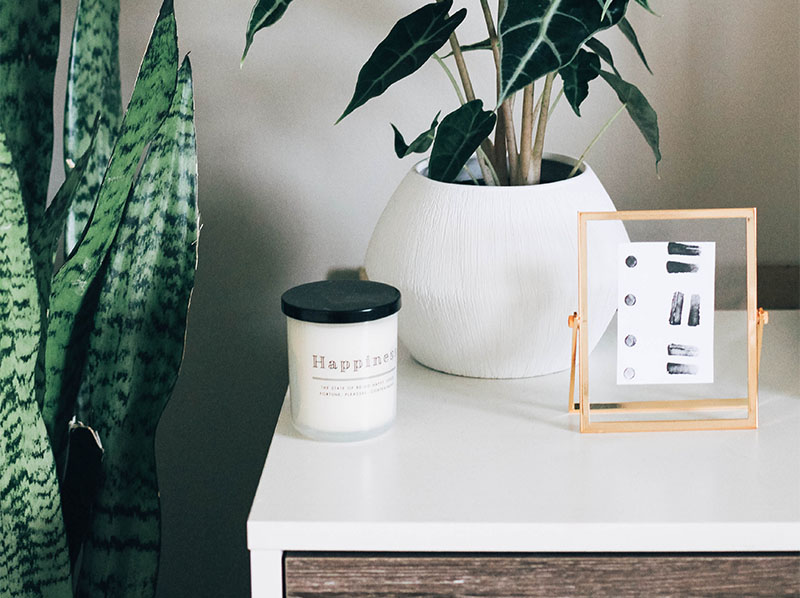improve your sleep
For the body, first—sleep, and enough of it, is the prime necessity.
Edward Everett Hale
With Daylight Saving Time, Friday the 13th, and a full moon all occurring within days of one another, it might feel like your week is doomed to be a bit… off.
Fortunately? Your sleep doesn’t have to be.
Today we’re wrapping up our series on sleep, with a rundown of things that can help you get the rest you need.
Read on for 10 factors to consider if you want to improve your sleep:
1. Exercise.
You may have heard that regular physical activity can help promote a good night’s rest (and it’s true!), but did you know the timing of your exercise can also affect your sleep? Aim to finish your workout at least 3 hours before bedtime if possible.
2. Nutrition.
What we eat varies widely, person to person, but most of us can benefit from taking a closer look at our late-night eating habits. For the best night’s sleep, avoid going to sleep extremely hungry or completely full.
3. Routine.
How do you wind down before bed? Do you gradually ease into it, shutting off devices, quieting your mind, and giving yourself a break before your head hits the pillow? If not, you might want to consider creating your own bedtime routine!
4. Environment.
When you climb into bed, what are you surrounded by? Light and noise distractions? Clutter? By taking the time to prepare the different elements of your sleep environment (temperature, light, sound, bedding), you’ll have a much better chance of drifting off peacefully.
5. Emotional wellness.
From everyday stressors to anxiety and depression, our well-being is closely tied to our quality of sleep. Make your emotional wellness a priority by seeking the support you need. Chances are good it’ll help improve your sleep over time.
6. Substances.
That last glass of wine or afternoon coffee might seem harmless enough but, compounded over time, our habits have the power to promote– or disrupt– our sleep in significant ways. Take inventory of your habits with caffeine, alcohol, nicotine, and other substances, with the goal of reducing (or avoiding) use 4 to 6 hours before bedtime.
7. Napping.
Some people swear by a midday power nap. For others, however, afternoon napping could be reducing their drive for sleep, making it harder to wind down at night. If a nap is a must for you, time it as early in the day as possible.
8. Light.
You might be a night owl or a late-shift worker. Or perhaps you’re up at dawn, no matter what. Most likely, you fall somewhere in the middle, which means natural light is your best bet for regulating your sleep cycle. Try opening the blinds to let in the sun– or, if the mornings are dark where you live, consider investing in a gradual-light-emitting alarm clock.
9. Medications and supplements.
Sleep medications and supplements aren’t for everyone. But, for some, they’re an important part of the puzzle. If you have questions about alternative options to improve your sleep, a medication evaluation is a good place to start. (Not interested in sleep medication, but currently taking something else? Consult with your medical provider to ask how your current prescription(s) might be influencing your sleep.)
10. Consistency.
Like so many other important things in life, it’s not what we do once in awhile but what we do consistently that counts. Be patient with yourself. Habit change takes time. Choose 1 item from this list and commit to making it a priority this week.
Enjoy this post? You might also like:
How to Practice Gratitude When You’re Not Feeling Particularly Grateful
Self-Compassion: 4 Ways to Start Practicing It Today
Your Emotional Wellness: 50+ Ways to Support It
Ready to improve your sleep?

